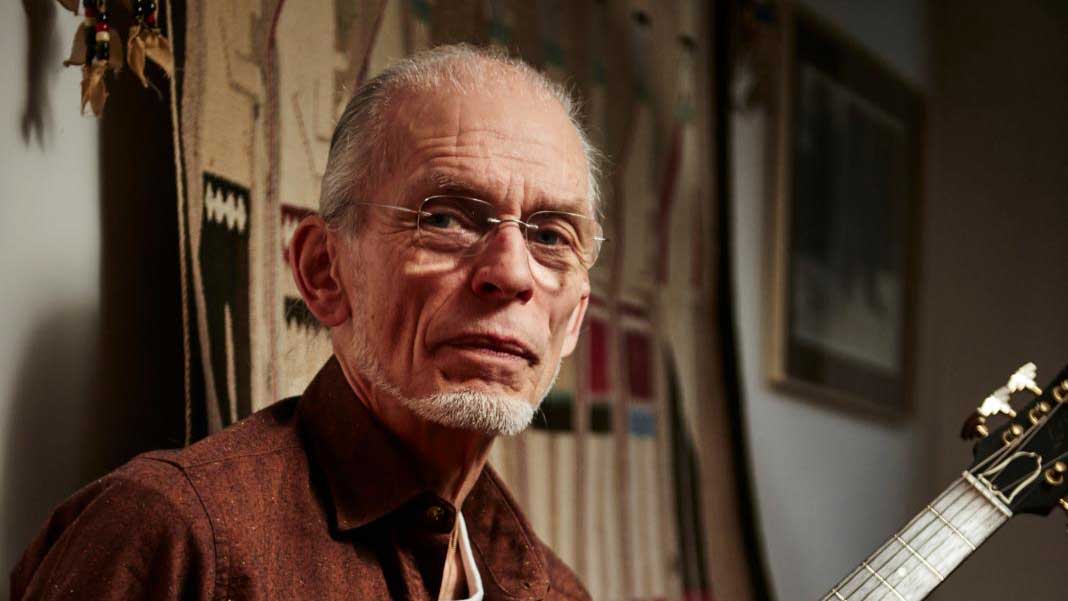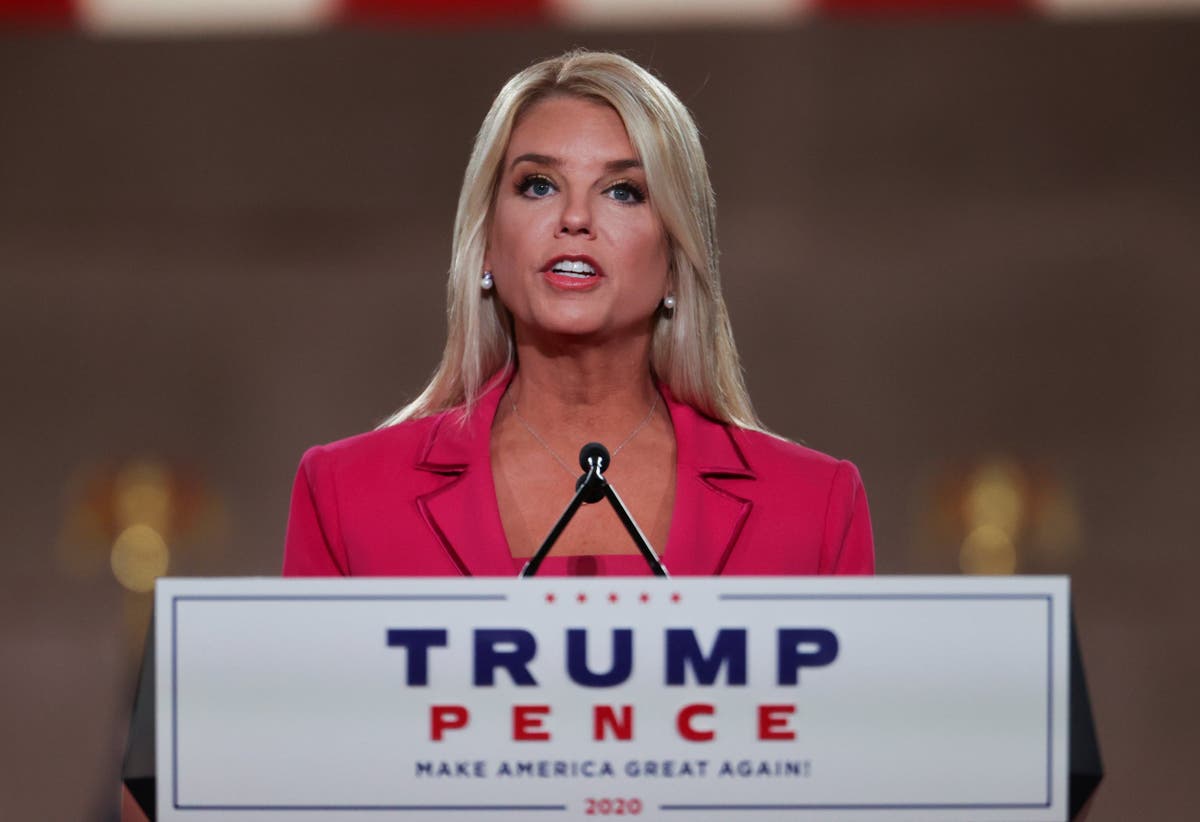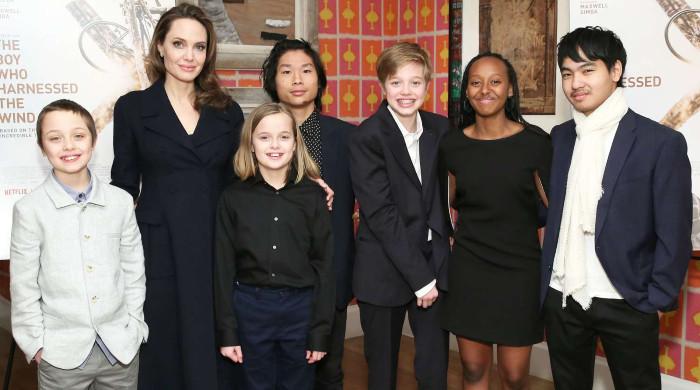
Via high-profile spells with (in four eras), supergroups and GTR, Yes spin-off Anderson , the Steve Howe Trio and also as a prolific solo artist, London-born guitarist, songwriter and producer has played a key role in the British music scene across six decades. Here are some of the things that make him tick. Steve Howe’s latest solo album, , is out now via HoweSound.
When I was young my parents had many records. They had Les Paul & Mary Ford and quite a lot of dance band music. I’m going to take a shot in the dark that my first experience of music probably would have been something by [light-orchestra conductor] Mantovani.
Again, I can’t say this with certainty, but it’s likely to have been something by The Shadows. It was a band formed by a bunch of kids out of Barnsbury Boys School, kids like me, who thought they could play that repertoire. We went up and played .
One of the greatest albums I can think of today, is by Chet Atkins [1960]. It’s the single most influential guitar record I ever heard. The Shadows were pretty damned good, and they really stirred me up, but Chet was in another league.
Teensville had such great sounds and texture and so many great songs, but it was his guitar playing that meant so much to me. . The Beatles were great writers too, but as an individual Bob came out with [1962] and that impressed me greatly.
I followed him all the way along to [1978]. There were a lot of rough edges, but that’s what he kinda liked with his songs, I guess. Bob had a much bigger repertoire than , and both became incredibly influential, but I still find Dylan incredibly marvellous.
I was sixteen years old when I saw Wes Montgomery play. He’s a wonderful guitarist to get to know. Wes played with his thumb, which was unusual.
He also played octaves at speeds that were unheard of before, sometimes in a chordal method. That’s been a part of my own playing for many, many years. He was wonderful.
Sign up below to get the latest from Classic Rock, plus exclusive special offers, direct to your inbox! There have been so many singers that I liked during the last forty years, from Tony Bennett to Seal, and Jon Davison in Yes, but I think it has to be , particularly his Sun Records years [1953 to ’55]. To a degree, compared to what came later some of those early songs were a little drab, but the way he came into the scene, the way that he sang and the things he did with his voice made Elvis remarkable. I’m going to say [Yes’s fifth album, from 1972], I’m not even going to think about it.
That is a hell of a record. When you hear that piece of guitar at the beginning of , I mean..
. this is a record with a lot of atmosphere. It also had a lot of attitude.
We weren’t fiddling around and wondering what to do, we were going to nail this sucker. At that point we were a really lively band. Can I have a few? [laughs].
Let me see if I can think of one. [Giggling] There are a few movements I played on [Yes, 1978] that I regret. It makes life difficult when I try to listen to that album, so I’ve only got myself to blame for that.
But I did manage to get a few right along the way, didn’t I? The Big Three were a band from Liverpool. They had a song called [1963], and whenever you heard it the guitar solo made everybody ask: “Who is that guy?” Well, he was named Brian Griffith. He lives in Australia now.
I used to have some contact with him. Played a Hofner Colorama, which was not an instrument I’d like to wrestle with. Weather Report made several very intense and exciting live albums.
They stood there playing and made you think: “This is unbelievable.” They were a band that really stirred things up. deserves a far bigger share of the spotlight.
You look at the people Albert worked with: the Everly Brothers, Chris Farlowe, Bill Wyman...
What an underrated guitarist. But I think to make that [next leap] you need to do a deal with the devil, so to speak, and he never did. If I’m about to go out I’ve been known to stick on by Bill Haley & The Comets.
That always makes my Saturday night. It’s a song that’s really stood the test of time. Back in the 1970s, before it became hip to admit to the fact, it was ABBA.
I used to love those ABBA singles. And when The Libertines came out I really liked that band. Their grunginess was great.
I loved the way they really rocked, and also that they almost fell apart but didn’t quite do so. AEW launches epic wrestling video using Guns N' Roses' equally epic November Rain The official Fleetwood Mac documentary will shine a light on their music as well as the band's "chaotic and almost operatic personal lives" "I wanted to inject a little touch of hope and light into it": Legendary soul singer Al Green has covered R.E.
M.'s classic Everybody Hurts Dave Ling was a co-founder of Classic Rock magazine. His words have appeared in a variety of music publications, including RAW, Kerrang!, Metal Hammer, Prog, Rock Candy, Fireworks and Sounds.
Dave’s life was shaped in 1974 through the purchase of a copy of Sweet’s album ‘Sweet Fanny Adams’, along with early gig experiences from Status Quo, Rush, Iron Maiden, AC/DC, Yes and Queen. As a lifelong season ticket holder of Crystal Palace FC, he is completely incapable of uttering the word ‘Br***ton’..














